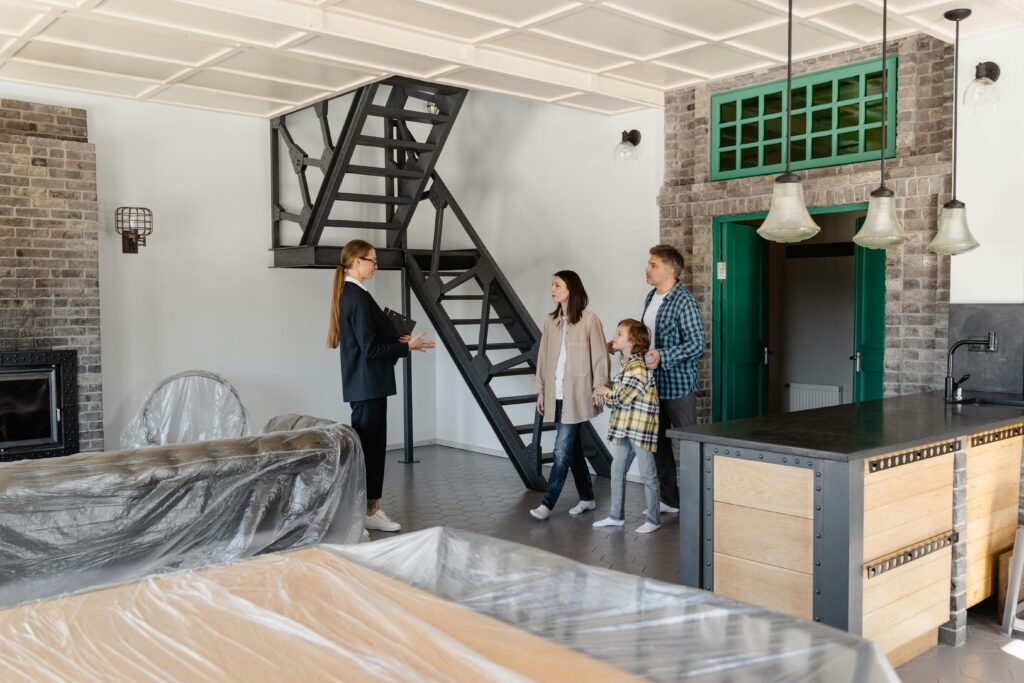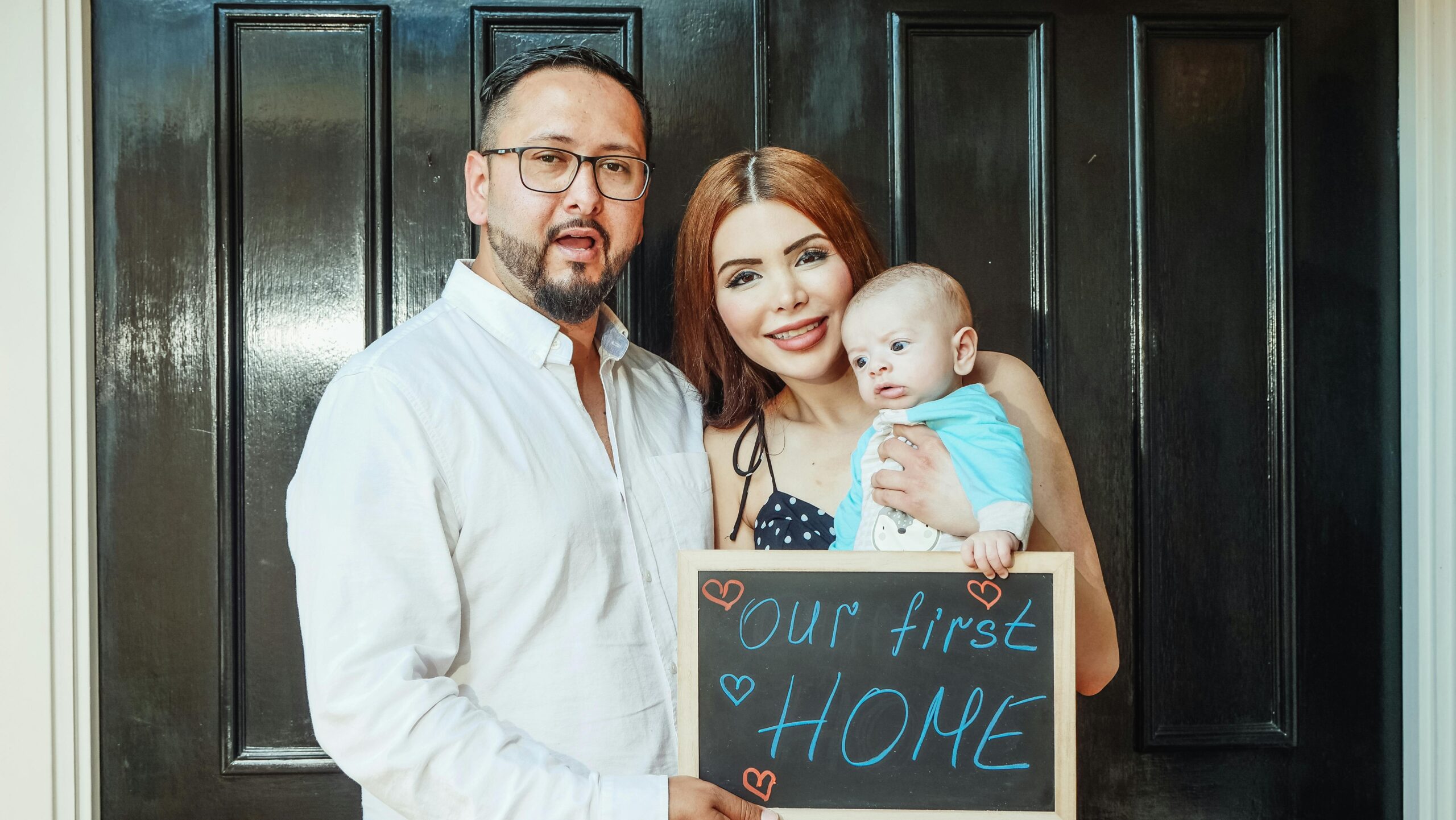Discover everything you need to know about zero-down mortgage loans in this comprehensive guide. Learn how they work, eligibility requirements, types available, pros and cons, and whether they’re right for you.
1. Introduction to Zero Down Mortgage Loans
Zero-down mortgage loans allow buyers to purchase a home without needing to make an initial down payment. Traditionally, mortgage loans require buyers to put down at least 20% of the property’s value, but zero-down options offer a solution for buyers who may not have significant savings.
These loans have been particularly popular with first-time homebuyers, military members, and those purchasing homes in rural areas.

2. How Zero Down Mortgage Loans Work
Zero-down mortgage loans work by financing 100% of the home’s purchase price. Essentially, instead of making a down payment, the entire cost of the home is rolled into the mortgage. However, it’s important to note that just because there’s no upfront payment doesn’t mean there are no costs. Interest rates, fees, and insurance can all affect the total cost of the loan.
Who Typically Qualifies for These Loans?
Generally, zero-down mortgage loans are available to specific groups, such as:
- Veterans or active-duty military (VA loans)
- Buyers in rural areas (USDA loans)
- First-time homebuyers with limited income
3. Types of Zero Down Mortgage Loans
Several types of zero-down mortgage loans are available. Here are the most common ones:
VA Loans
VA loans are available to veterans, active-duty military, and their families. They require no down payment, no private mortgage insurance (PMI), and offer competitive interest rates.
USDA Loans
USDA loans are designed for homebuyers in rural or suburban areas. Like VA loans, they require no down payment and offer low interest rates but are available only in certain areas and to borrowers who meet income requirements.
Fannie Mae and Freddie Mac Programs
Some conventional loan programs through Fannie Mae and Freddie Mac offer 3% down payment options for first-time buyers. In certain cases, buyers may qualify for down payment assistance that effectively reduces the down payment to zero.
4. Eligibility Requirements for Zero Down Mortgage Loans
Eligibility requirements vary depending on the type of zero-down mortgage you’re applying for, but here are some general criteria:
Income Limits
Certain loans, like USDA loans, have income restrictions to ensure that they are going to families in need.
Credit Score Requirements
A solid credit score is often necessary to qualify. For example, VA loans typically require a minimum credit score of 620.
Employment History
Lenders also look at employment history to assess stability and income reliability.
5. Benefits of Zero Down Mortgage Loans
There are several benefits to zero down mortgage loans:
Accessibility for First-Time Buyers
Zero down loans open the door for first-time homebuyers who may not have significant savings for a large down payment.
Immediate Homeownership
With no down payment required, buyers can purchase a home sooner than if they had to save for years.
No Need for Large Savings
Zero-down mortgages eliminate the need to deplete savings or wait to gather a down payment, making homeownership more accessible.

6. Drawbacks of Zero Down Mortgage Loans
However, there are also some downsides to consider:
Higher Monthly Payments
Without a down payment, your monthly mortgage payments will likely be higher.
Potential for Negative Equity
If the value of your home decreases, you could owe more than the home is worth, known as negative equity.
Limited Loan Options
Zero-down loans are often limited to specific types of properties or geographic areas.
7. The Application Process for Zero Down Mortgage Loans
Applying for a zero-down mortgage loan follows a similar process to other types of mortgages:
Steps Involved
- Pre-approval from a lender
- Submitting financial documents (income, credit score, etc.)
- Underwriting and final approval
Documents You’ll Need
- Proof of income (W-2s, tax returns)
- Bank statements
- Employment history
Timeframe for Approval
On average, it can take 30-45 days for a mortgage loan to be approved.
8. Interest Rates on Zero Down Mortgage Loans
Interest rates for zero-down mortgages are typically competitive but may be slightly higher than traditional loans due to the increased risk to lenders.
How Rates Are Determined
Factors like credit score, loan type, and market conditions play a role in determining your rate.
9. Comparing Zero Down Mortgages to Other Loan Types
Traditional 20% Down Mortgages
A traditional mortgage with a 20% down payment usually results in lower monthly payments and no PMI.
FHA Loans
FHA loans require a 3.5% down payment and may include PMI.
Private Mortgage Insurance (PMI) Impact
Zero-down loans may require PMI, which increases monthly costs.
10. Down Payment Assistance Programs
Some federal and state programs offer down payment assistance, which can help cover the upfront costs of homebuying.
Federal Programs
- FHA grants
- VA assistance programs
State Programs
Each state offers various programs to help first-time buyers with down payments.
11. Is a Zero Down Mortgage Loan Right for You?
Assess your financial health and long-term goals before deciding if a zero down mortgage is the right choice. If you’re stable in your job and committed to staying in the home long-term, this could be a great option.
12. Tips for Getting Approved for a Zero Down Mortgage
- Boost Your Credit Score: Improving your credit score can help you get a lower interest rate.
- Minimize Debt: Lenders will look at your debt-to-income ratio.
- Find the Right Lender: Not all lenders offer zero-down loans, so it’s important to shop around.
13. Common Myths About Zero Down Mortgage Loans
- “Only for Low-Income Buyers”: Some zero-down loans, like VA loans, have no income restrictions.
- “They’re Impossible to Get Approved For”: While there are requirements, many borrowers do qualify.
14. Success Stories: Homeowners Who Used Zero Down Mortgages
Countless homeowners, particularly veterans and those in rural areas, have successfully used zero-down mortgages to buy homes. These programs have helped individuals achieve homeownership without the burden of large upfront costs.

15. Conclusion and Final Thoughts
Zero-down mortgage loans can be an excellent option for certain buyers, especially those who qualify for VA or USDA loans. While they come with risks like higher monthly payments and the potential for negative equity, they also offer accessibility to buyers who might otherwise struggle to save for a down payment.
